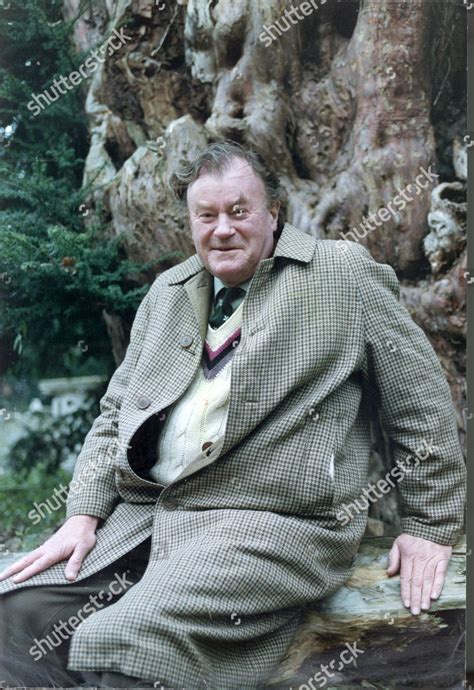A Quote by Simon Raven
I wanted to look at the upper-middle-class scene since the war, and in particular my generation's part in it. We had spent our early years as privileged members of a privileged class. How were we faring in the Age of the Common Man? How ought we to be faring?
Related Quotes
If you were a successful upper-middle-class Negro girl in the 1950s and '60s, you were, in practice and imagination, a white Protestant upper middle-class girl. Young, good-looking white women were the most desirable creatures in the world. It was hard not to want to imitate them; it was highly toxic, too, as we would learn.





































